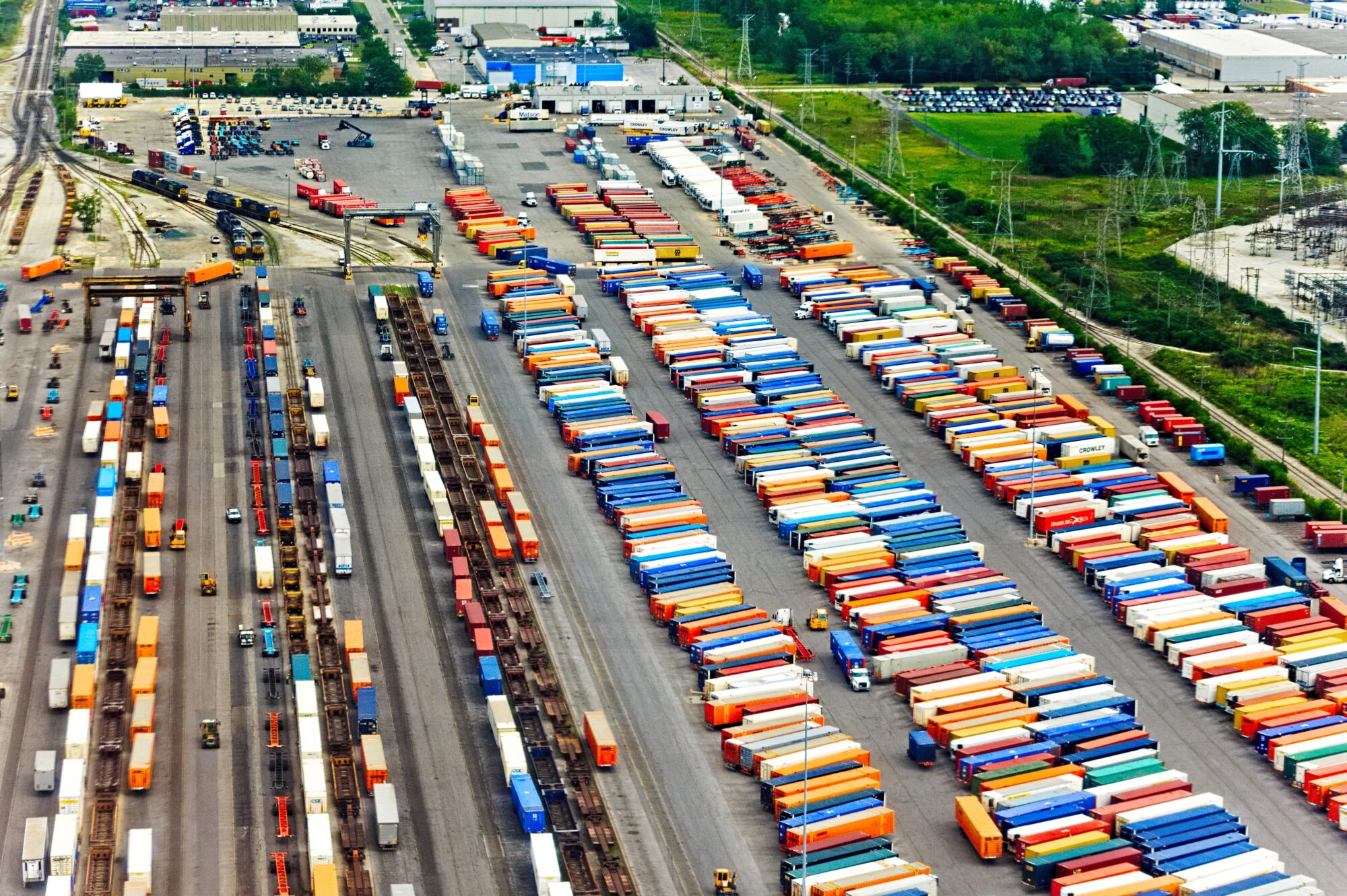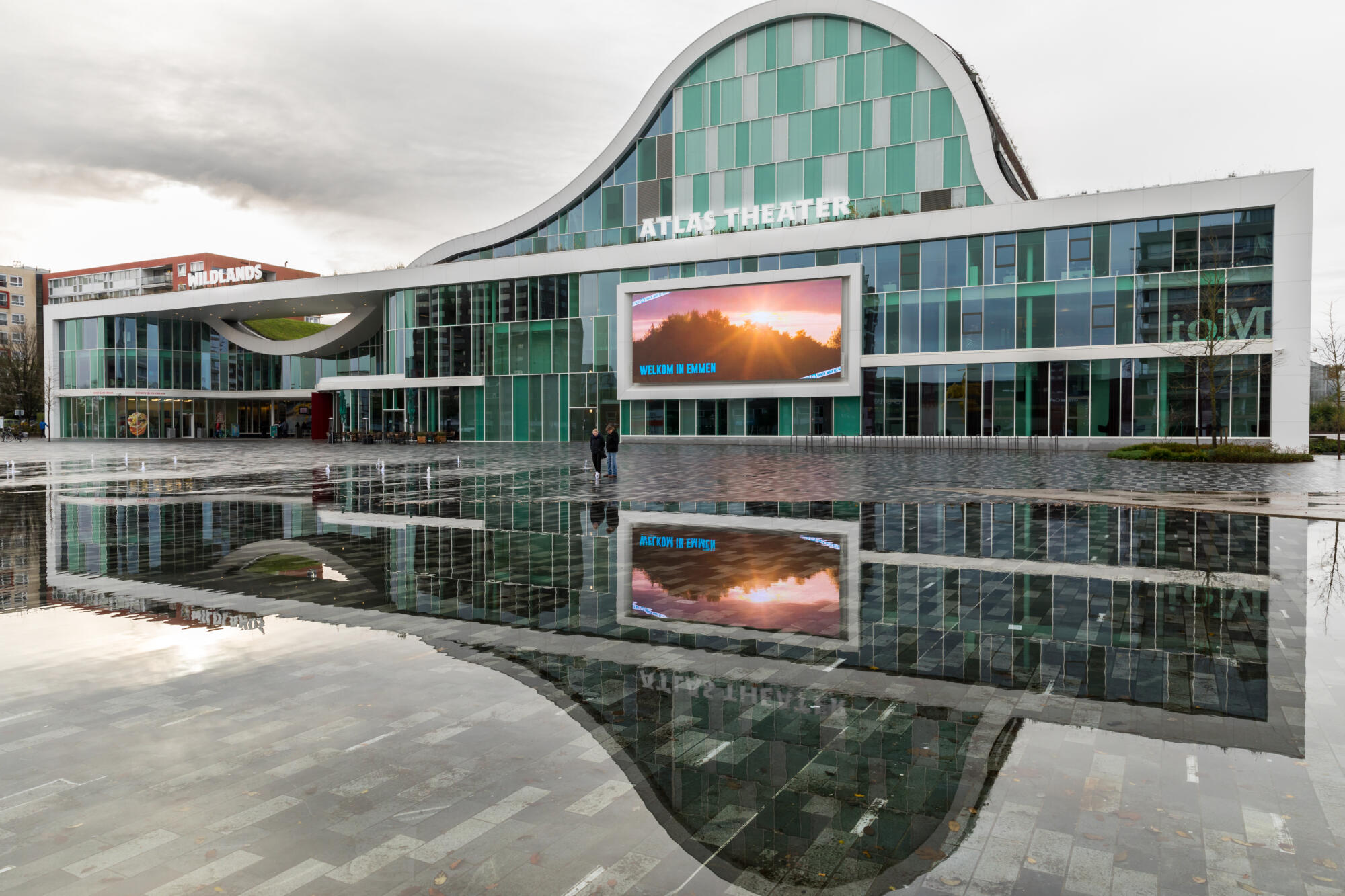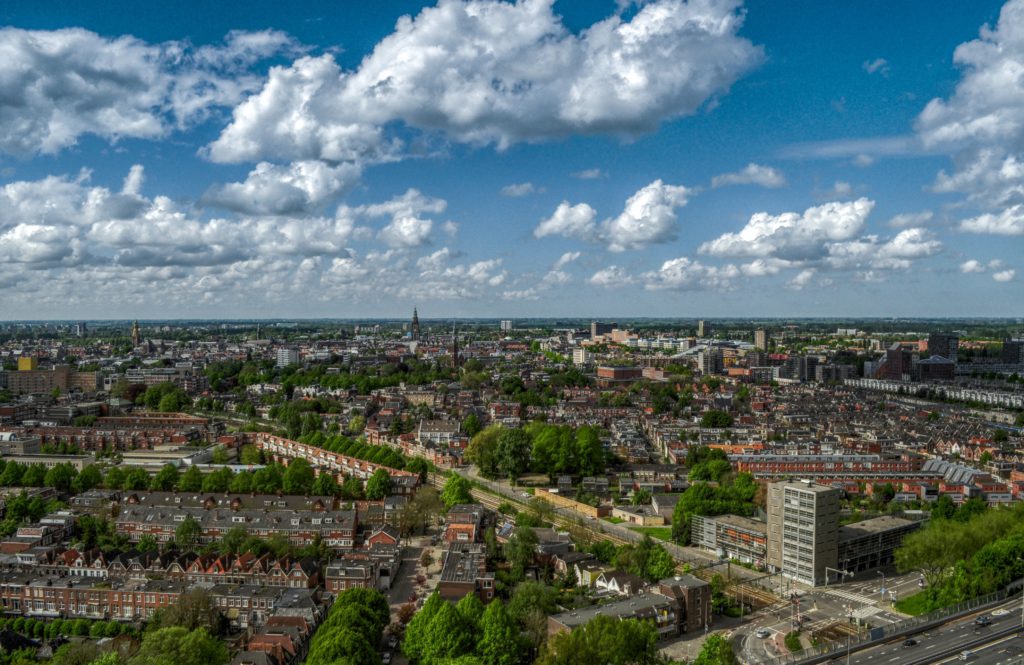Developing sustainable freight solutions... which work!
On 18 September 2023, POLIS hosted a workshop in coordination with Environmental Defense Fund Europe (EDF-E) to explore the practical challenges facing cities in developing and implementing sustainable freight solutions.
Transport uses more fossil fuels than any other sector and accounted for 37% of carbon dioxide (CO2) emissions from end-use sectors in 2021. Decarbonising the sector cannot be achieved without recognising and acting on the role of freight, which while accounting for only 2% of vehicles on the road, is responsible for 22% of all road transport CO2 emissions in the EU.
To support cities and regions in grappling with freight, EDF-E is developing HOW-TO GUIDE: For the Development, Implementation and Evaluation of Urban Freight Partnerships.
This document and workshop came hot on the heels of the SURF project. SURF was a collaboration between POLIS and the (EDF-E), focusing on the design and implementation of Zero-Emission Zones for freight (ZEZ-Fs), which can dramatically reduce carbon emissions and contribute to healthier cities. It sought to build practices and partnerships to launch innovative solutions and measures for the decarbonisation of the freight sector, with a focus on urban logistics.
This work also built on the How-to Guide on Zero-Emission Zones for Freight, a joint effort of POLIS, Transport Decarbonisation Alliance (TDA) and C40 Cities, the project develops and structures knowledge and awareness.
“From much of this work, we saw and heard that many cities do not know where to start, and there is confusion amongst many about how to implement action on the ground,” said Dagmar Droogsma from (EDF-E).
As such, EDF-E has created a report and guidebook to support cities as they develop urban freight partnerships. The report walks readers through the development, stakeholder engagement, implementation and monitoring.
“With this guide, we hope to bring together the diversity of guidance into one place to provide clear and streamlined expertise and support,” said Droogsma.
This document and accompanying templates are designed to help cities at any stage of their stakeholder engagement process. Thus, they are meant for any municipality, region, and national government official interested in improving sustainability and increasing the quality of life for its residents, workers, and visitors.
To support this, POLIS hosted a focus group to secure feedback from members in the Small and Medium Sized Cities and Urban Freight working groups.
“Here we want to understand what your challenges are on the ground, and what more support you need as a local practitioner,” said Sandra Rothbard from Freight Matters.
Small and Medium-sized cities are where many of these innovations are playing out on the ground, and POLIS members including Groningen, Mechelen, Bilbao, Bologna, Helmond, Transport for London as well as regions such as Flanders, and others, came together to discuss their challenges and solutions they have been testing.
“Groningen is a growing city, meanwhile the city is striving to achieve zero emissions by 2035, and freight is a major part of this. This is a major step towards net zero emissions, but we still want to go further,” said Remke Palsma, from Northern Netherlands, and Chair of the SMC Platform.



